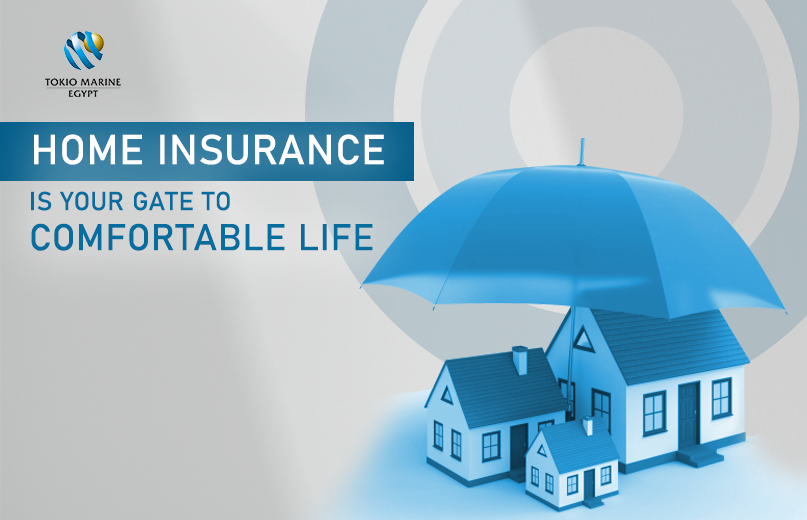In the USA, home insurance (also called homeowners insurance) covers damage to your home, personal belongings, and liability for accidents that occur on your property. Policies vary by insurer and plan, but here’s a breakdown of what standard home insurance typically covers:
🏠 What Does Home Insurance Cover in the USA?
1. Dwelling Coverage (Structure of Your Home)
Covers repairs or rebuilding if your home is damaged by covered events like:
- Fire or smoke
- Storms (wind, hail)
- Lightning
- Explosions
- Vandalism
- Theft
- Falling objects (like a tree)
- Water damage from burst pipes (not floods)
🔒 Note: Earthquakes and floods are not covered under standard policies — you need separate insurance for those.
2. Other Structures Coverage
Covers detached structures like:
- Garages
- Fences
- Sheds
- Guest houses
Usually covered at 10% of your dwelling limit.
3. Personal Property Coverage
Covers belongings like:
- Furniture
- Electronics
- Appliances
- Clothing
- Jewelry (with limits)
You’re protected even if the loss occurs away from home, such as in your car or while traveling.
💎 Tip: High-value items (like jewelry, art, or collectibles) may need scheduled coverage or riders.
4. Loss of Use / Additional Living Expenses
If your home becomes uninhabitable, insurance helps cover:
- Hotel stays
- Restaurant meals
- Temporary rentals
- Storage
5. Liability Protection
Covers legal fees and settlements if you’re sued for:
- Injury on your property (e.g., a guest slips on your steps)
- Property damage you cause to others
🦮 Also includes coverage if your pet bites someone, depending on breed and policy.
6. Medical Payments to Others
Pays for minor injuries to guests (not household members), regardless of fault — e.g., someone trips and cuts their hand in your home.
🚫 What Home Insurance Typically Doesn’t Cover
You’ll need separate or optional coverage for:
- Flood damage (get through FEMA or private insurers)
- Earthquake damage
- Wear and tear or neglect
- Pest infestations (termites, rodents)
- Business-related damages (if you run a business from home)
How does Home Insurance Work In U.S?
Home insurance in the USA is designed to protect homeowners from financial losses due to damage or loss of their property and belongings. Here’s an overview of how it works:
🏡 What Does Home Insurance Cover?
1. Dwelling Coverage
Covers the structure of your home against perils like fire, lightning, windstorms, hail, vandalism, and theft.
2. Other Structures Coverage
Protects structures not attached to your home, such as garages, sheds, and fences.
3. Personal Property Coverage
Covers personal belongings inside your home, including furniture, electronics, clothing, and valuables.
4. Loss of Use (Additional Living Expenses)
Pays for temporary housing and living expenses if your home becomes uninhabitable due to a covered loss.
5. Liability Protection
Protects you financially if someone is injured on your property or if you accidentally cause damage to someone else’s property.
6. Medical Payments to Others
Covers medical expenses for guests injured on your property, regardless of fault.
📋 Common Exclusions
Standard home insurance policies typically do not cover:
- Floods
- Earthquakes
- Neglect or wear and tear
- Pest infestations
- Business-related damagesZameen.com
Separate policies or endorsements are available for these risks.
💰 How Premiums Are Determined
Insurance companies consider several factors to determine your premium:
- Location: Risk of natural disasters, crime rates, etc.
- Home’s Age and Condition: Older homes may have higher premiums due to increased risk.
- Coverage Amount: Higher coverage limits typically result in higher premiums.
- Deductible: Choosing a higher deductible can lower your premium.
- Claims History: A history of frequent claims may increase premiums.
📝 How to Buy Home Insurance
- Assess Your Needs: Determine the value of your home and belongings.
- Shop Around: Compare quotes from different insurers.
- Understand the Policy: Review coverage limits, exclusions, and deductibles.
- Purchase the Policy: Complete the application process and make the necessary payments.


